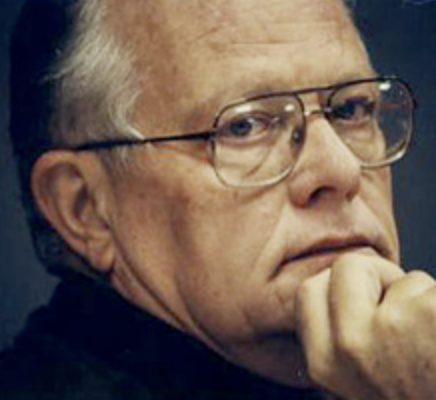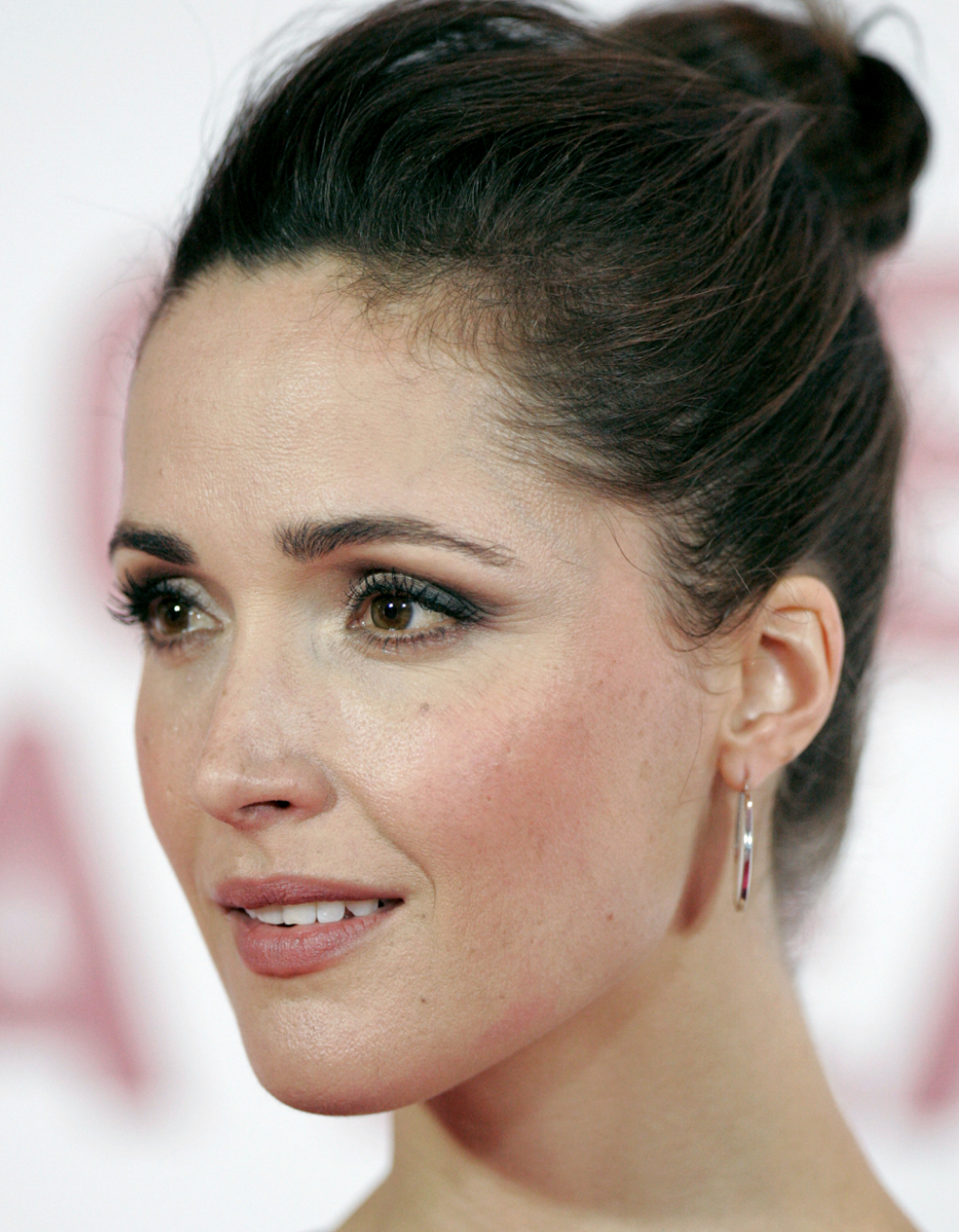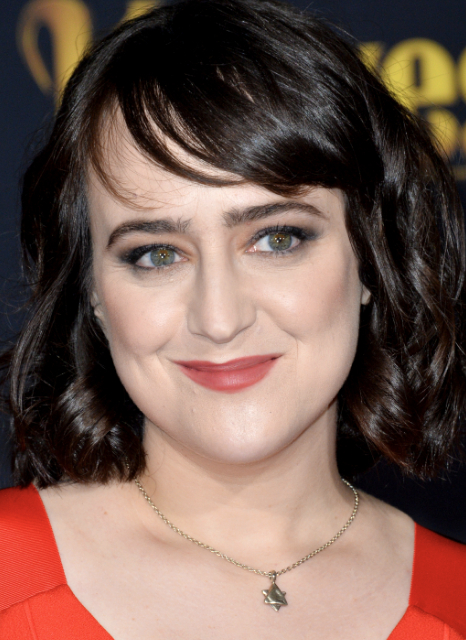July 24
Vern Bullough

On this date in 1928, Vern Leroy Bullough was born in Salt Lake City, Utah. He earned a B.A. in history and languages from the University of Utah in 1951, an M.A. in history from the University of Chicago, a Ph.D. in the history of medicine and science from the University of Chicago in 1954 and a B.S. in nursing from California State University-Long Beach in 1981.
Bullough was a sexologist and historian, as well as a professor of nursing, sociology and history. He was Dean of the Faculty of Natural and Social Sciences at State University of New York at Buffalo and was one of the founders of the Center for Sex Research at Cal State.
Bullough received numerous awards for his work, including the prestigious Kinsey Award in 1995. He was a strong supporter of civil liberties who worked with the ACLU and the NAACP. Bullough has published and edited numerous books, many co-written with his first wife, Bonnie Uckerman Bullough, who was also a nurse and sexologist. Their collaborations include The Subordinate Sex: A History of Attitudes Toward Women (1973) and Sexual Attitudes: Myths and Realities (1995).
Bullough was co-president of the International Humanist and Ethical Union from 1994-97 and its vice president in 1997-98. He received a Distinguished Humanist Service Award from the IHEU in 1992. Bullough was an honorary associate of the Indian Rationalist Association, and also worked with the Humanist Academy. He wrote the 1994 essay “Science, Humanism, and the New Enlightenment.”
He had married Bonnie, his high school sweetheart, in 1947. They had two sons (David, 1954, and James, 1956). They expanded their family through the adoption of Steven (1958), Susan (1961) and Michael (1966). James died tragically when hit by a car in 1967 in Egypt during Bonnie’s year as a Fulbright Scholar. She died in 1996. Bullough later married Gwen Baker. He died of cancer at age 77 in Westlake Village, Calif. (D. 2006)
PHOTO: Oviatt Library, CSU-Northridge
“[Vern Bullough] will be sorely missed as one of the leading secular humanists in North America and the world.”
— Paul Kurtz, founder of the Center for Inquiry and Council for Secular Humanism, quoted on the IHEU website.
Rose Byrne

On this date in 1979, Australian actress Mary Rose Byrne was born in Sydney to June and Robin Byrne, respectively an atheist school administrator and agnostic statistician/market researcher. She started taking acting lessons at age 8 and landed her first role in the movie “Dallas Doll” when she was 15.
She studied drama at Sydney’s Australian Theatre for Young People and later at the Atlantic Theater Company in New York, whose founders included David Mamet and William H. Macy. She appeared in a variety of Australian television and movie roles before her first “big budget” performance in George Lucas’ “Star Wars: Episode II – Attack of the Clones” (2002).
Bryne followed that by playing a temple priestess in “Troy” (2004), in which Brad Pitt starred as the mythic Greek warrior Achilles, and an aristocrat in Sofia Coppola’s “Marie Antoinette” (2006). She was nominated for Golden Globe and Primetime Emmy awards for playing an attorney in all 59 episodes of the FX and DirecTV legal thriller “Damages” alongside Glenn Close (2007-12).
She stayed busy throughout the 2010s in numerous small- and large-screen roles. She played Gloria Steinem opposite Cate Blanchett as conservative activist Phyllis Schlafly in “Mrs. America,” the 2020 FX on Hulu series about the fight to pass the Equal Rights Amendment in the 1970s and ’80s. She was cast in 2019 opposite Steve Carrell in Jon Stewart’s political satire “Irresistible,” released in 2020 in which she played a Republican consultant for a mayoral race in a small, right-wing Wisconsin town.
She told People magazine (May 1, 2020) that she was sheltering from the coronavirus pandemic in New York City with actor Bobby Cannavale, whom she’s been with since 2012 and has two sons, Rocco (b. 2016) and Rafa (b. 2017). They call themselves husband and wife even though they’ve never married. Before that Byrne was in a relationship with actor Brendan Cowell from 2003-10.
Byrne told BlackBook magazine in 2009 she was agnostic and that life is “a series of chemical accidents. That’s the type of way I choose to believe. Maybe because I’m not religious.”
PHOTO: Byrne at the Australian premiere of “I Give It a Year” in 2013; Eva Rinaldi photo under CC 2.0.
“I think the fact that there are so many different religions in the world immediately makes me suspicious. How can you know which one is right?”
— Interview, BlackBook magazine (March 18, 2009)
Mara Wilson

On this date in 1987, actress and writer Mara Elizabeth Wilson was born in Burbank, Calif., to Suzie (Shapiro) and Michael Wilson and was raised Jewish in her early childhood. She played Natalie Hillard, the daughter of Robin Williams and Sally Field in “Mrs. Doubtfire” when she was 5 and had a role in the remake of “Miracle on 34th Street” in 1994.
She had the title role in 1996 in director Danny DeVito’s “Matilda,” an adaptation of Roald Dahl’s young-adult book. Her mother died of breast cancer during filming of the highly acclaimed movie when Wilson was 9. She received the National Association of Theatre Owners’ Young Star of the Year award in 1995. She retired from acting after her role in “Thomas and the Magic Railroad” (2000). “I like to think of it as a mutual break-up: Hollywood didn’t really want me anymore, and I was over it, too,” she later wrote on her website Mara Wilson Writes Stuff.
She returned to acting in 2012 but not in any serious way, with relatively few appearances. She writes extensively, and her work has appeared on Elle.com, McSweeney’s, The New York Times, Vanity Fair, the Daily Beast, Jezebel and other outlets. Her play “Sheeple” premiered at the New York International Fringe Festival in 2013, and she is the author of the 2016 autobiography Where Am I Now? True Stories of Girlhood and Accidental Fame.
Wilson has been open about her struggles with mental illness since her OCD diagnosis at age 12 and about her lack of religious belief. On the live show and podcast “RISK!” (Dec. 14, 2015), she talked about her Catholic stepmother’s efforts to get her and her younger sister Anna to convert: “[Anna] became Catholic, and I became an atheist.”
“Mara came out publicly as bi — although she now tends to prefer the label queer (‘I like queer more than I like bisexual, but I have no problem with people calling me bisexual,’ she says) — on Twitter in the wake of June 2016’s tragedy at the Pulse Nightclub in Orlando.” (“Matilda Is Bi and So Am I,” Sept. 20, 2017) She was the American Humanist Association’s 2019 LGBTQ Humanist Award recipient.
Wilson read the His Dark Materials trilogy by Philip Pullman when she was 15: “It’s a retelling of ‘Paradise Lost’ with the premise that the God that we know is not actually God. I was OCD and I worried a lot about what God thought. These books put forward a pretty good case that maybe there was no God. I remember breaking down and crying when I read it because it altered the way I saw the world.” (TheaterMania interview, Aug. 7, 2013)
In 2018 she was offered a script about a Christian redemption movie that suggested famous child actors for roles in the movie. On Twitter she said she rejected the movie’s premise, which implied that child actors somehow need to be redeemed. “It’s as if they want us to be part of a very specific redemption narrative. Being a child star, falling from grace and public view, then finding Jesus and making liberal Hollywood safe for right-wing Christians.” (@MaraWilson tweet, May 25, 2018)
She wrote in a follow-up tweet: “The idea that our lives might be more than a cautionary tale, or some cheap inspiration, is beyond their comprehension.” In a 2017 NPR interview, “The Simpsons” voice actor Nancy Cartwright said the young Wilson inspired a character’s voice in the episode “Bart Sells His Soul.”
PHOTO: Wilson in Los Angeles at the premiere of the movie “Knives Out” in 2019; photo via Shutterstock by Featureflash Photo Agency
“Eventually, I saw Julia Sweeney‘s monologue ‘Letting Go of God.’ That changed everything. I walked out of the theater and said, ‘You know what, I don’t believe there is a God, and I’m OK with that.’ ”
— Wilson, TheaterMania interview (Aug. 7, 2013)
